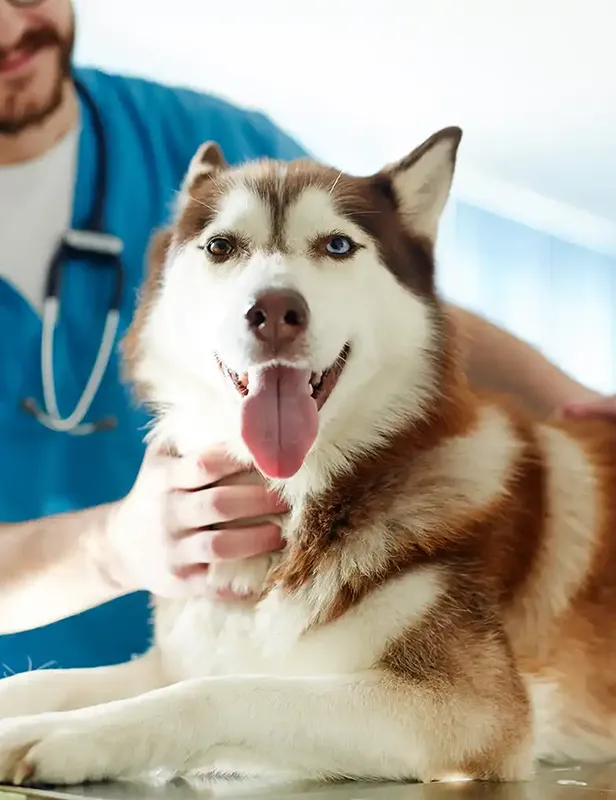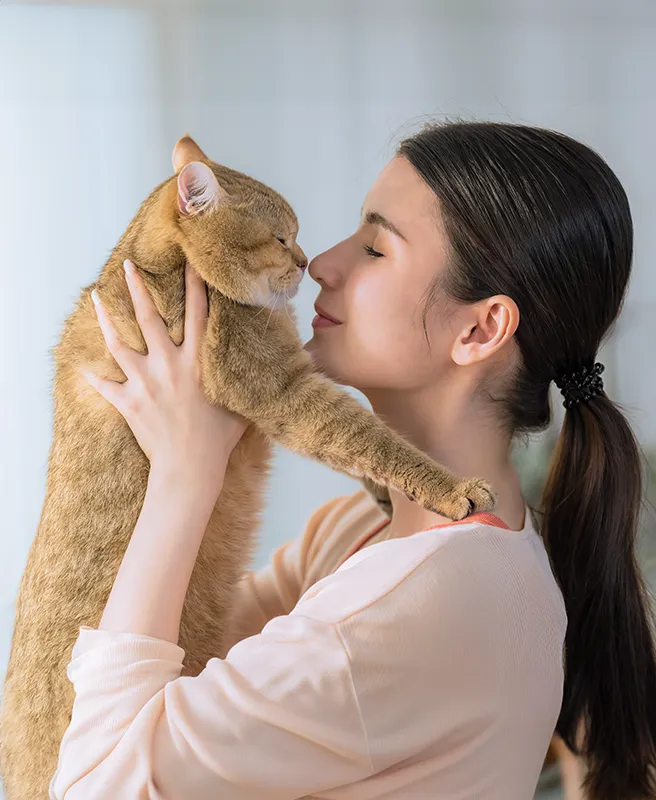Is your canine buddy fully trained yet? If not, you may want to address this, and sooner rather than later. Training isn’t just about petiquette: it’s also important for safety. Plus, it can make a huge difference with both bonding and reducing or eliminating behavioral issues.
In this article, a North East Maryland veterinarian discusses Fido’s training regime, and lists some common mistakes to avoid.
What Specific Dog Training Method Should I Use?
There are all kinds of different training systems out there now. Many of them use their own lingo or acronyms. For example, there are the Three C’s, the 90/10 rule, the Silent Method, and the 5 Second Rule. By all means, look into different programs or systems, but don’t jump between them. If something doesn’t work, look closer or revisit your technique, but completely changing your methods at random may just confuse your furry student.
How Long Should My Dog’s Training Sessions Be?
Fido often loses interest after about ten or 15 minutes. It’s better to do several short sessions than to tire your furry student out with long, drawn-out classes. Aim for about five to 15 minutes, at least a few times a week.
Taking your pet to a class? Give him breaks to keep him engaged.
Is Socialization Considered Part Of Training?
Yes and no. Socialization might not be part of Fido’s official training regime, but it’s very important in helping him learn the ins and outs of being a good dog. If you have a puppy, you should definitely be incorporating socialization into your pup’s petucation.
How Should I Reward My Dog For Being Good?
This probably won’t be much of a shock. Treats are the gold star standard. In fact, they’re much more effective than actual gold stars. A report card probably won’t impress Fido very much! Use small treats, such as training snacks, so you don’t overfeed him. Ask your North East Maryland veterinarians for tips on this.
Are Treats The Best Method Of Rewarding A Good Dog?
It’s no secret that dogs love snacks, but food shouldn’t be the sole reward they get for good behavior. What Fido really wants, more than anything, is your approval. When your pup obeys your commands, shower him with compliments and attention. This is also very important for bonding! In order to please his human friends, Man’s Best Friend must have a relationship based on love and trust, not bribery or punishment.
What Are The Most Important Commands Should I Teach My Dog?
Fido is highly intelligent: our canine pals have the ability to learn over 100 words and commands. Some canines are even capable of completing complex tasks, like loading dishwashers and operating lights! While you may not need your pup to fetch your slippers, it’s important to teach him the basics.
The most essential commands include Sit, Stay, Heel, Down, and Lay Down. Leave It and Drop It are also quite handy. These could be lifesavers if Fido were to encounter a potentially dangerous food item while out on walks.
Another useful command is Down. This one is especially helpful for larger dogs or those who tend to jump on people.
Which Words Or Phrases Should I Avoid When Training?
No matter what tact, words, or phrases you use, it’s important to avoid giving inconsistent Commands. Consistency is the key to success when training dogs or any other animal!
When training vocal commands, always use the same words or phrases every time.
It’s easy to trip up because dogs don’t really understand variations in phrasing. To Fido, ‘Sit’ and ‘Sit down’ can have different meanings.
Repeating commands can also trip your pet up. If someone doesn’t understand what you are saying, it can be quite natural, or even instinctive, to repeat yourself. This makes sense for humans, but it doesn’t work for dogs. Telling Fido to lie down again won’t make that lesson stick. It may even have the opposite effect! Your pup may just learn that the words don’t mean anything, or he can just do whatever he wants as long as he obeys eventually.
How Much Exercise Does Fido Need?
Make sure Fido is getting plenty of exercise and playtime! Not doing so isn’t just a huge training mistake; it’s a huge dog care mistake in general. Staying active is important for your pet’s health and fitness, but that isn’t the only reason. If Fido hasn’t burned off his zoomies, he’ll probably be pretty full of energy, so he might be more interested in the squirrel in the yard than in continuing his petucation.
Of course, you don’t want to completely wear your furry friend out. You won’t make much progress if Fido falls asleep halfway through class!
Is Punishment A Suitable Dog Training Method?
It’s a hard No on this one! Dogs can be incredibly loyal and obedient, but that relationship relies on communication. Training is essential for that.
Never punish your dog for any misbehavior or for difficulty understanding a command during training. After all, dogs don’t think like humans. Fido may not understand his mistake, or associate his behavior with your reaction. Raising your voice or physically punishing your dog can make him fearful or uneasy around you. That can not only have a negative impact on their training progress, but on your relationship in general.
Our canine pals learn behavior due to positive or negative associations. It’s crucial to create positive associations with desired behaviors. That means focusing more on rewarding your pooch for being good.
This also applies when choosing methods and products. You may find several devices on the market that are marketed as training products, but actually rely on pain to reinforce behaviors. It’s best to avoid these. They may, in some cases, be used properly by trained professionals, but that is the exception, rather than the rule.
How Should I Address Bad Behavior?
So, punishment is out the window. Then what do you do when Fido misbehaves? You can verbally reprimand your furry pal if necessary. Be consistent! It’s also important to nip any bad habits in the bud.
How Long Will Dog Training Take?
You’ll probably need 4 to 6 months to train Fido. However, your pet should really never stop learning. Don’t stop working with him once he has the basics down. Ask him to run through his commands every now and then. Be sure to reward him when he obeys!
You don’t have to treat him every single time he obeys – just do it enough to make him realize he might receive a reward if he does.
Do I Need To Get A Professional Dog Trainer?
Not necessarily. It really just depends. You may find that some dogs are easier to train than others. If you aren’t getting the results you’re looking for, consult a behavioral specialist or enroll your dog in obedience school. We’d also recommend seeking help if your pet is showing signs of fear or aggression. Large dogs and very, very smart dogs may also benefit from a professional teacher. That said, many people can handle the basics, such as Sit, Stay, and Lay Down, at home.
What Should I Do If I Make A Mistake?
It’s not easy to undo bad training, but it isn’t impossible. The key is to focus on positive reinforcement. You want Fido to associate the desired behavior with being rewarded and praised. Be patient and persistent. If you are really struggling, seek professional assistance from your North East Maryland vet.
Conclusion: Proper training will not only make a difference in Fido’s behavior, but also in your friendship with him. It’s also very important for safety!
Make An Appointment At Our North East Maryland Pet Clinic
Does your pup need an appointment? Is Fido ready for an exam? Contact us at your local North East Maryland pet hospital for all your pet’s care needs, or if you have questions about training your dog!







!Social Media Icons